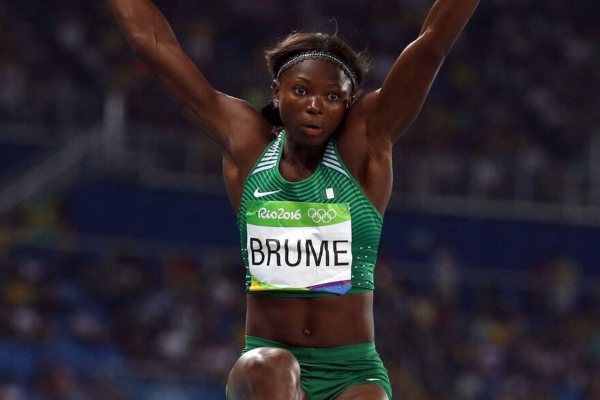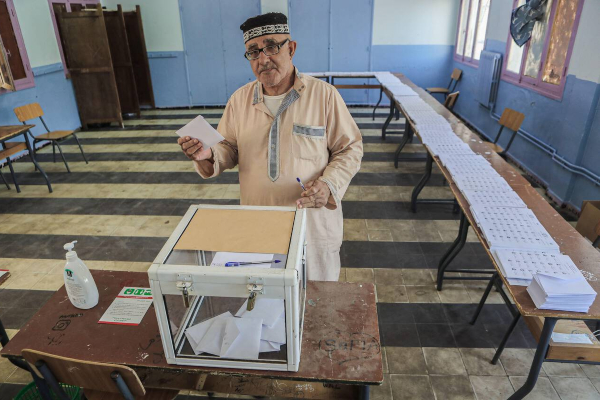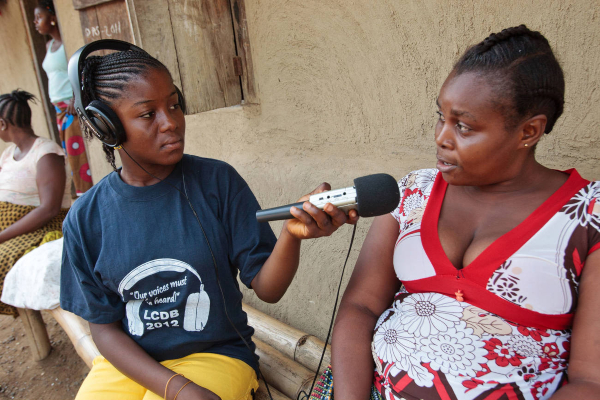More than a year after the Covid-19 pandemic forced a postponement, African athletes limber up for the Olympics, reports Oladipo Okubanjo.
More than 11,000 athletes from 205 countries and territories are expected to converge on the Japan National Stadium and other competition venues between July 23 and August 8 to vie for gold in 339 events of 33 sports. Though no African country ranks among the top 20 in the all-time medal table, the continent’s impact at the Olympics cannot be over-emphasised. In fact, African nations won a total of 45 medals at the 2016 Olympics in Rio de Janeiro, Brazil, the continent’s biggest haul in the history of the games. A breakdown of the medals table for African countries in Rio showed that Kenya – the only nation from Africa in the competition’s top 20 – came top among the participating countries from the continent with a total of 13 medals, with six gold, six silver and one bronze. South Africa placed second with 10 medals, comprised of two gold, six silver and two bronze. Ethiopia rounded off the list of the three best performing African countries at the Rio games, with eight medals, including one gold, two silver and five bronze. African athletes have had wonderful moments at the Olympics, some of which will remain indelible for a long time. In the last 30 years, there has only been one occasion in which a runner from Kenya hasn’t stood on the medals podium, which is no mean feat. At the 2012 London Olympics, David Rudisha famously became the first runner to ever go under 1:41:00 in the 800m. Other Olympics highlights for Africa include when the Ethiopian duo Kenenisa Bekele and Tirunesh Dibaba won gold in the 5,000m and 10,000m of the men and women’s competitions, respectively, at the 2008 games in Beijing, China. And South Africans fondly recall Chad Le Clos shredding bookmakers’ predictions at the London games when he won the 200m butterfly by 5/100s of a second ahead of American legend and overwhelming favourite Michael Phelps. The 1996 games was epochal for Nigeria, when a little-known policewoman, Chioma Ajunwa, snatched gold in the women’s long-jump event. The same games saw the Nigerian Dream Team beat Argentina to become the first African side to win the Olympic football gold. The Indomitable Lions of Cameroon would go on to re-enact similar feat four years later in Sydney, Australia. With the Tokyo Olympics starting imminently, African athletes will no doubt be hoping to improve on the record medals haul of 2016. Former Olympian Falilat Ogunkoya-Osheku believes it would be difficult to ignore Africa’s prospects at the Tokyo games. The Atlanta 1996 Olympics women’s 400m bronze medallist said the performances being put up by African athletes in the international circuits suggested that a significant number of them would finish among the medals.
‘I’ve seen the sign,’ she told News Africa. ‘Athletes from Kenya and Ethiopia have been recording very good times.’
The Nigerian track-and-field legend thinks the Kenyan middle-distance runner Hellen Obiri could be the one to watch this Olympics. ‘Remember she won gold at the 2019 World Championships. She is on good form.’
She also thinks Nigeria may produce some surprises this year. ‘Blessing Okagbare is running the race of her life. Tobi Amusan has come of age in the hurdles, and Ese [Brume] is also among the world’s best at the moment in the long jump. So I expect great things to happen for Africa in Tokyo.’
A host of other African athletes are also poised to prove their mettle in Tokyo. Here is our round-up of the ones to watch:
Taoufik Makhloufi
A wily middle-distance runner, the Moroccan is making his third consecutive appearance at the Olympics. After pocketing the gold medal in the men’s 1,500m on his maiden appearance at London 2012, and twin silver medals at the following games in Rio, the 33-year-old may be taking part in the Olympics for the last time, and hopes to do so in a blaze of glory.
Brigid Kosgei
Described as the fiercest competitor in the women’s marathon, pundits believe Kosgei only has to show up in Tokyo and the gold will be hers. Currently the women’s world-record holder, the 27-year-old Kenyan is running in the Olympics for the first time.
Almaz Ayana
If a gold medal was guaranteed for any athlete in the track and field competitions of the Tokyo Olympics, it’s widely agreed that Ethiopia’s Ayana would be the beneficiary. The defending women’s 10,000m champion and world-record holder will not only seek to retain her medal but make it a double by adding the gold in the 5,000m, where she earned bronze five years ago.
Caster Semenya
Rio 2016’s women’s 1,500m champion, Semenya, arrives in Tokyo trailed by controversy over her supposed performance-enhancing high testosterone levels. Though uncertainty clouded which event she will be allowed to participate in at the time of print, the 30-year-old South African is a sure-bet for medals.
Vivian Cheruiyot
Expected to sing her swansong at Tokyo, the grand dame of the long distances hopes to return to Kenya with a gold medal in her luggage at the end of the games. The country running specialist currently has only one gold medal, despite her towering prowess at four previous Olympics.
Wayde Van Niekerk
When Van Niekerk erased Michael Johnson’s long-held world record over the 400m at the Rio Olympics, his effort sent shock waves across the globe. While the South African’s career has been blighted by injury in recent years, competitors underestimate the 28-year-old at their peril.
Above: South Africa’s Wayde Van Niekerk leading the men’s 400m final at the 2015 IAAF World Championships.
The need to diversify
Despite repeated promises of diversifying from track and field, long distances races and football, the medals of African nations have continued to come from their traditional strongholds. A bevy of analysts insist that Africa could rival other continents in future games if it also invested more heavily in events such as watersports, swimming, rowing and floor events like gymnastics. The men’s 100m sprint remains the pinnacle of the Olympic games. Following the banning of Christian Coleman, the only man to have recorded sub-9.80 in the last five years, for allegedly evading out-of-competition tests for performance-enhancing drugs, the prospect of a big scramble for the gold in this event looms large. The event is expected to be a straight contest among the likes of Noah Lyles of the United States (9.86 seconds Personal Best), Canada’s Andre de Grasse (9.90 PB), Nigeria’s Devine Oduduru (9.86 PB), South Africa’s Akanni Simbine (9.89 PB), and Canada’s Justin Gatlin (9.74 PB), among others. Perennial favourite and winner of the 2016 games, the United States is once again poised to top the overall medals standings. America’s title push will, however, not go unchallenged by the usual suspects. These include Russia, China, Germany and Britain. The US, in 2016, triumphed with 121 medals, which included 46 gold, 37 silver and 38 bronze. Meanwhile, the International Olympic Committee and organisers of Tokyo 2020 are not leaving anything to chance with Covid-19, the reason the games was postponed for a year. According to insidethegames.biz, the Olympic body claimed the number of athletes set to compete who had either been vaccinated or were ‘in the process’ of being inoculated was ‘over and above 80 per cent’.
‘We have offered a number of hubs for a number of NOCs (National Olympic Committees) to benefit from vaccination, so we’re making every effort we can to get to whatever we can do,’ the world body stated. The IOC stressed that the ‘over and above the 80 per cent mark’ did not solely reflect those already inoculated against Covid-19, but was an indication of those projected to be fully vaccinated by the start of Games.
Olympics condom ban
Covid-19 has ensured that for the first time in recent history of the modern Olympics, there will be no free distribution of condoms at the games in Japan. Organisers said condoms would not be distributed during the delayed Olympic games as part of efforts to prevent the spread of Covid-19. Rather, condoms, which had been distributed to athletes at every Olympics since Seoul 1988, would be made available to competitors once they depart the games. While confirming that athletes would be allowed to drink alcohol inside their rooms at the Athletes’ Village, Tokyo 2020 said banning all alcohol in the Olympic Village had been considered by the Organising Committee to align the facility with coronavirus measures that are in place in Japan.





